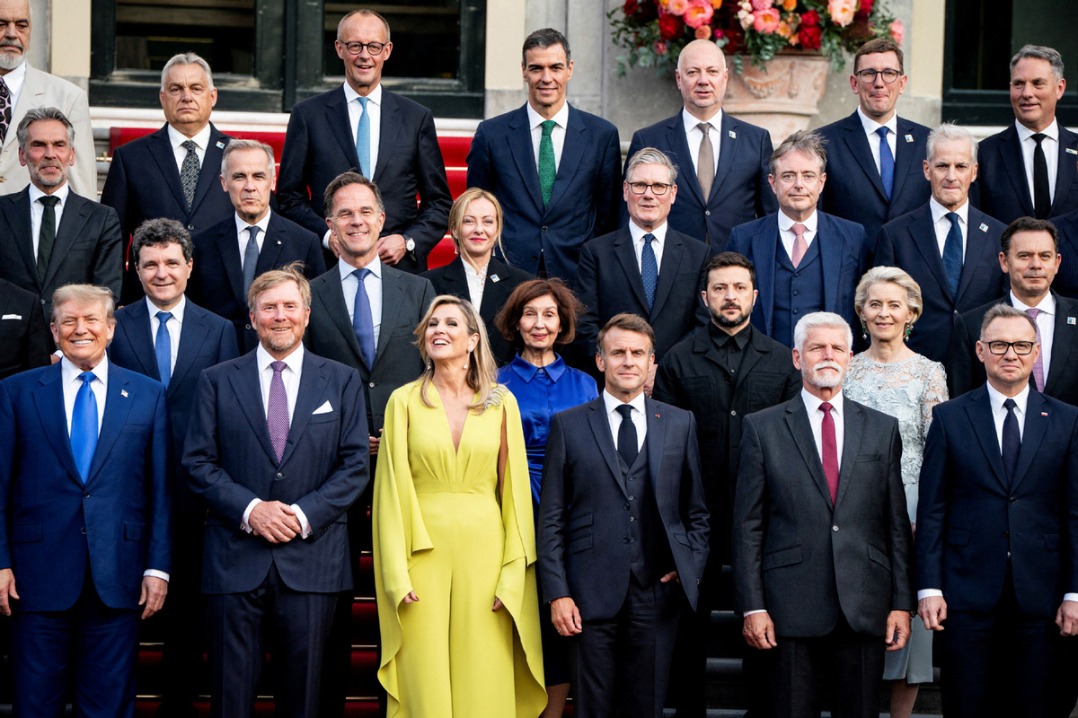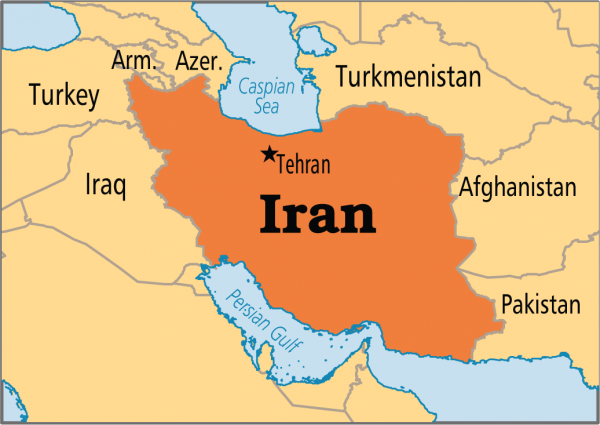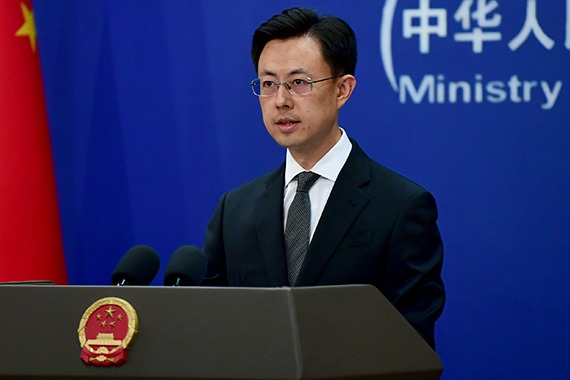Hungary's Pride Parade Ban Sparks Travel Alerts: What Belgian Tourists Need to Know - Travel And Tour World
Friday, June 27, 2025

As the tensions surrounding the continue to escalate, has issued new for its nationals traveling to . The Hungarian government’s ban on the has led to a growing divide in the (EU), sparking political debates and travel concerns. This latest from Belgium comes in response to Hungary’s stringent stance on Pride events and its new .
Belgium’s has urged its citizens to when participating in any in Hungary, particularly the scheduled for , June 28. With the Hungarian authorities cracking down on unauthorized demonstrations, the Belgian government has warned that individuals involved in could face under Hungary’s new laws. These developments come as part of a broader European debate on , with the situation in Hungary becoming a focal point of contention.
The Belgian statement emphasized the personal responsibility of citizens attending in Hungary, highlighting that participation in an unapproved demonstration could lead to serious consequences. The advisory noted:
“We remind you that participation in a demonstration that is not allowed by the Hungarian authorities is the responsibility of each individual participant.”
The statement also encouraged travelers to through official sources, including the , and to avoid areas with or potential . In the event of unrest, Belgians were advised to follow the instructions of .
This warning comes in the wake of a decision by on , which banned the in Budapest. The decision was based on legislation introduced earlier in the year, prioritizing the protection of children over the right to assembly, a law that has been criticized by human rights organizations and EU leaders.
The Hungarian government’s decision to prohibit the stems from a asserting that the state must protect children from exposure to LGBTQ+ content. The law stipulates that events, such as , which may promote homosexuality, can be restricted in the name of protecting minors. This legislation aligns with the country’s policies under Prime Minister , who has increasingly come under fire from European leaders for his stance on .
In response to the ban, is not alone in issuing travel warnings. Other countries, such as and the , have similarly updated their travel advisories for , cautioning that attendees of the could face criminal charges. Additionally, Hungary has passed controversial new legislation allowing authorities to use to identify , which has further escalated concerns regarding the and for the LGBTQ+ community.
The ban on has sparked a significant reaction from the broader and the international community. A coalition of , including the , , , , and , condemned the Hungarian ban. These nations have jointly called on the to take against Hungary for violating the , which protects the right to .
On , made a public statement expressing solidarity with the in Hungary. She urged the Hungarian government to reverse the ban on the , emphasizing the importance of allowing the LGBTQ+ community to express their rights peacefully.
“I call on the Hungarian authorities to allow the to go ahead,” von der Leyen said in a video message. “To the LGBTIQ+ community in Hungary and beyond: I will always be your ally.”
This plea for support was met with resistance from , who dismissed the calls as . Orbán argued that the EU had no role in dictating Hungary’s and should refrain from intervening in matters. He further warned that any violation of Hungary’s laws, including the , would result in for those involved.
Prime Minister has consistently criticized the in Hungary’s domestic policies. In a radio interview on , he reaffirmed his government’s position on the , warning that anyone participating in the march in defiance of the law would face serious .
“We are adults, and I recommend that everyone should decide what they want, keep to the rules … and if they don’t, then they should face the clear legal consequences,” Orbán stated, reinforcing his tough stance on maintaining the ban.
Orbán’s government has been increasingly aligned with in Europe, which prioritize and traditional values. This shift in Hungary’s political climate has strained relations with the , which advocates for and .
The growing divide between and the rest of the over highlights the broader cultural and political tensions currently reshaping Europe. As Hungary continues to implement , including its ban on , the European Union finds itself at a crossroads regarding its approach to dealing with that are violating democratic principles.
For travelers, the situation has resulted in increased uncertainty and the potential for if they participate in in Hungary. While is the most recent, other European countries have followed suit, urging citizens to be cautious and avoid taking part in the Pride events.
However, Hungary’s stance has not been universally accepted. across Europe and beyond continue to pressure the Hungarian government to reverse the ban, with many planning to the decision and continue advocating for for all citizens, regardless of sexual orientation or gender identity.
The ongoing conflict between and the over reflects a deeper ideological divide. As continues to reject what he views as , European leaders are grappling with how to handle member states that increasingly challenge the values of the .
The EU has been criticized for its inability to take meaningful action against , despite its increasingly . Some critics argue that the EU’s failure to hold Hungary accountable undermines the that the Union claims to uphold.
The is only the latest in a series of controversial measures taken by the Hungarian government, which has also passed laws restricting and imposing restrictions on LGBTQ+ representation in media. These moves have sparked widespread protests and condemnation from international human rights groups.
As Hungary prepares for the Budapest Pride ban to take effect, European travelers are left facing a challenging landscape of legal risks and political tension. Belgium’s new travel advisory serves as a reminder that the stakes are high for LGBTQ+ rights advocates and those willing to stand up for their right to assemble and express themselves freely.
The situation is far from resolved, and as the European Union continues to debate the best course of action, the future of LGBTQ+ rights in Hungary—and across Europe—remains uncertain. For now, travelers heading to Budapest are advised to stay vigilant and informed, as the clash between Orbán’s government and the EU continues to unfold on the global stage.
«Enjoyed this post? Never miss out on future posts by following us»












